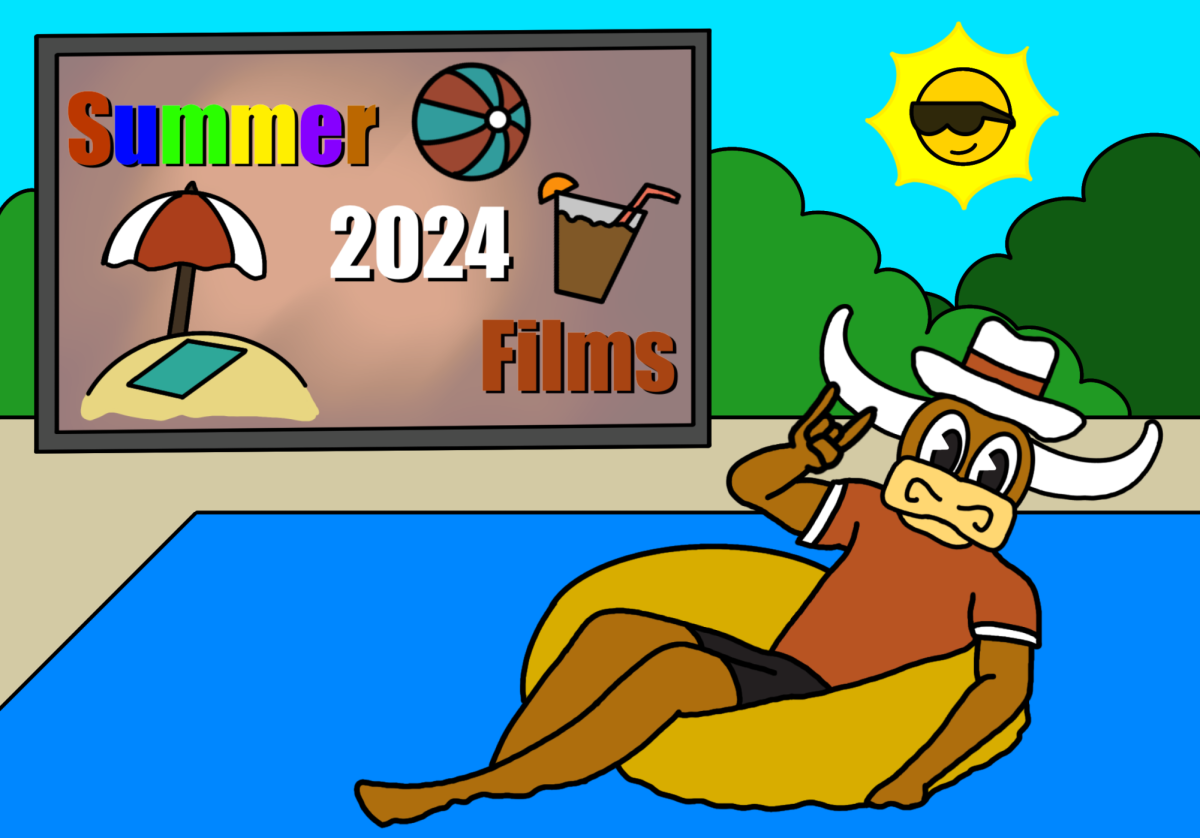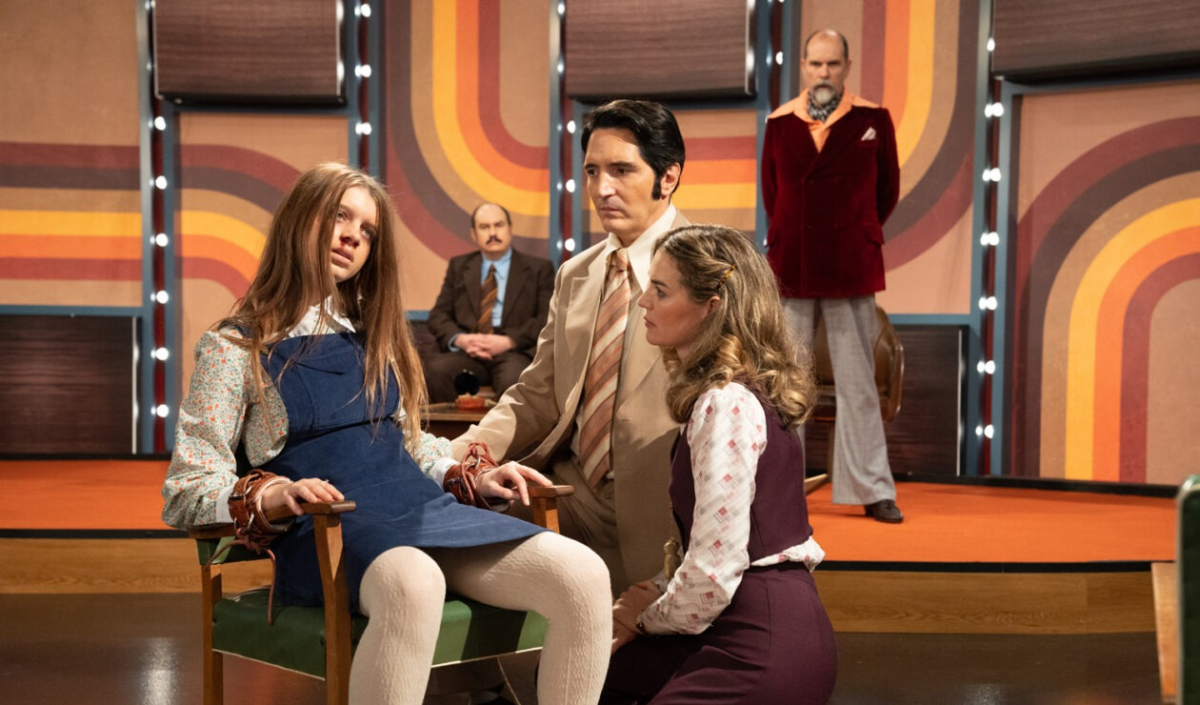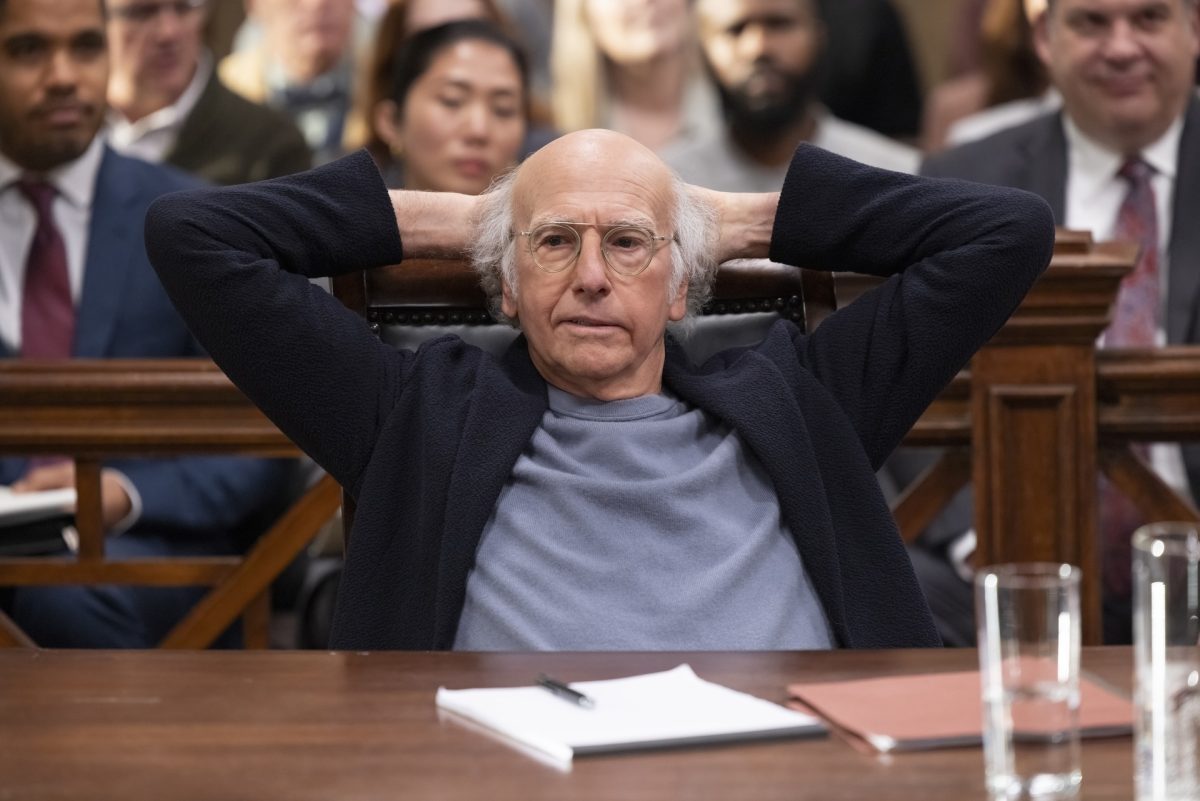For many filmmakers, the Motion Picture Association of America’s film rating system has long been a point of contention. Opponents have derided the system, which rates films to determine whether they’re appropriate for minors, for possessing vague standards and wielding an unusual amount of power over the entire industry.
Last month, many film critics accused the board of awarding the gay drama “Love is Strange” an unfair R rating for its brief use of strong language, even though other PG-13 rated films could contain the same types of obscenities.
Fed up with the MPAA’s practices, YouTuber Jeremy Scott posted a series of videos voicing his grievances and a potential replacement for the much maligned system.
“The rating’s system is completely a mess,” Scott said in an email. “The ratings themselves are too restrictive for artists. Studios often won’t even greenlight films they think could be lightning rods for ratings. All along production of the film, the eventual rating will weigh heavily, impacting decisions across the board.”
Scott, famous for his popular channel CinemaSins, created these videos on his secondary channel, that details his frustrations with the MPAA. His most recent one offers a theoretical plan for a new, simplified system of rating films that focuses on reorganizing the film ratings board and increasing its transparency.
“The ratings themselves are assigned by a single group of people that almost never changes,” Scott wrote. “Why are we letting all film ratings come from this one tiny pocket of the world? Why do they get to decide what millions of parents think is appropriate for their kids?”
In the video, Scott explains that it should be up to teenagers to “police their own morality” when choosing what they should or shouldn’t watch.
“The content creators have very little responsibility here,” Scott wrote. “They create art, and not all art is for kids. I do think Hollywood has a responsibility to help parents understand a film’s general content, but we definitely need to be more involved as parents.”
In 2006, director Kirby Dick released the critically acclaimed “This Film is Not Yet Rated,” a documentary exploring the secrecy surrounding the ratings board and the inconsistencies in their ratings, but little has changed since then. Radio-television-film professor Thomas Schatz said the political system of the rating’s board will always be an issue.
“You can change the board,” Schatz said. “But ultimately, it will be a bureaucratic, political entity with all the shortcomings, and they are many.”
The MPAA is only a part of the problem. Theaters that belong to the National Association of Theatre Owners, such as Carmike and Cinemark, often won’t show films that have not been rated or carry an NC-17 rating. Schatz said such restrictions make it difficult for certain movies to make it to theaters.
“The problem is ‘How do you get a movie on the radar without a theatrical release or marketing budget?’” Schatz said. “NATO won’t take films that they think won’t draw an audience.”
Some filmmakers, such as director Quentin Tarantino, are famous for purposely including extra violent material for the MPAA to cut, leaving his original vision intact. Radio-television-film sophomore Caleb Saucedo said while filmmakers can use such techniques to work around the MPAA, he’s concerned the ratings board can still hack away at films’ themes.
“[The MPAA] cuts away at the messages filmmakers want to make,” Saucedo said. “If the filmmakers don’t know how to fight against them, they’ll just have to neuter their movie.”
Although Scott said that the MPAA system is “flawed, but not completely useless.” He feels the rating a film receives influences the final product more than artistic inspiration.
“I think there are plenty of filmmakers who make magic working within the confines of the ratings system,” Scott said. “But more often than not the ratings are restrictive to creativity.”





















